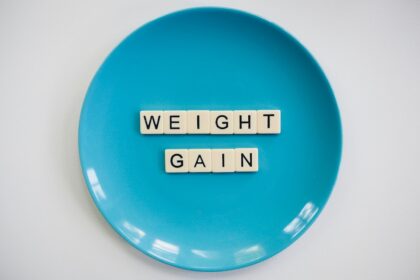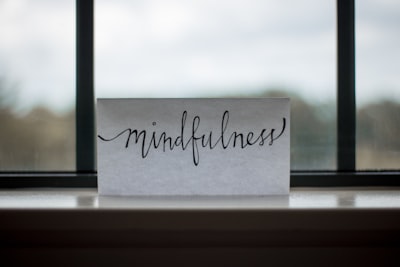Discover expert advice with QuickAdvisr. Water is essential for life, but determining how much water should you drink daily can be confusing. With conflicting advice and varying individual needs, understanding the science behind hydration is key. This guide breaks down everything you need to know about optimal hydration, including factors that influence your water intake and practical tips to stay hydrated.
Why Is Hydration Important? | Powered by QuickAdvisr

Water plays a vital role in nearly every bodily function. From regulating body temperature to aiding digestion and transporting nutrients, staying hydrated is crucial for overall health. Dehydration, even in mild forms, can lead to fatigue, headaches, and impaired cognitive function.
“Proper hydration is the foundation of good health. It supports energy levels, mental clarity, and physical performance.”
How Much Water Should You Drink Daily?

The widely recommended daily water intake is 8 glasses (64 ounces), but this is a general guideline. Individual needs vary based on factors like age, weight, activity level, and climate. Here’s a closer look at the science:
Daily Water Intake Recommendations
| Group | Recommended Daily Water Intake |
|---|---|
| Adult Men | 3.7 liters (125 ounces) |
| Adult Women | 2.7 liters (91 ounces) |
| Children (4–8 years) | 1.2 liters (40 ounces) |
| Teens | 1.8–2.6 liters (60–88 ounces) |
Factors Influencing Water Needs
How much water should you drink daily depends on several factors:
- Activity Level: Exercise increases fluid loss through sweat. Drink extra water before, during, and after workouts.
- Climate: Hot or humid weather can lead to increased sweating, requiring more hydration.
- Health Conditions: Illnesses like fever, diarrhea, or kidney stones may increase water needs.
- Pregnancy/Breastfeeding: Women who are pregnant or breastfeeding require additional fluids.
Signs of Dehydration
Recognizing dehydration is crucial to maintaining optimal hydration. Common symptoms include:
- Thirst
- Dark yellow urine
- Dry mouth or skin
- Fatigue or dizziness
Tips for Staying Hydrated
Meeting your daily water intake doesn’t have to be a challenge. Here are practical tips to stay hydrated:
1. Start Your Day with Water
Drink a glass of water first thing in the morning to kickstart hydration.
2. Carry a Reusable Water Bottle
Having water on hand makes it easier to sip throughout the day.
3. Eat Water-Rich Foods
Foods like cucumbers, watermelon, and oranges contribute to your daily fluid intake.
4. Set Reminders
Use phone alarms or apps to remind yourself to drink water regularly.
Myths About Hydration
There are many misconceptions about how much water should you drink daily. Let’s debunk a few:
| Myth | Fact |
|---|---|
| You must drink 8 glasses daily. | Individual needs vary; 8 glasses is a general guideline. |
| Thirst is the only sign of dehydration. | Thirst is a late indicator; monitor urine color and energy levels. |
| Coffee dehydrates you. | Moderate caffeine intake contributes to hydration. |
Pros and Cons of Drinking Too Much Water
While staying hydrated is essential, overhydration can be harmful. Here’s a balanced view:
| Pros of Adequate Hydration | Cons of Overhydration |
|---|---|
| Supports energy and focus | Can lead to hyponatremia (low sodium levels) |
| Aids digestion and nutrient absorption | May cause water intoxication |
| Promotes healthy skin | Can strain kidneys |
Conclusion
Understanding how much water should you
📌 Related reading: Essential Mindfulness Meditation Practices for Daily Life
✨ Stay updated with QuickAdvisr.













